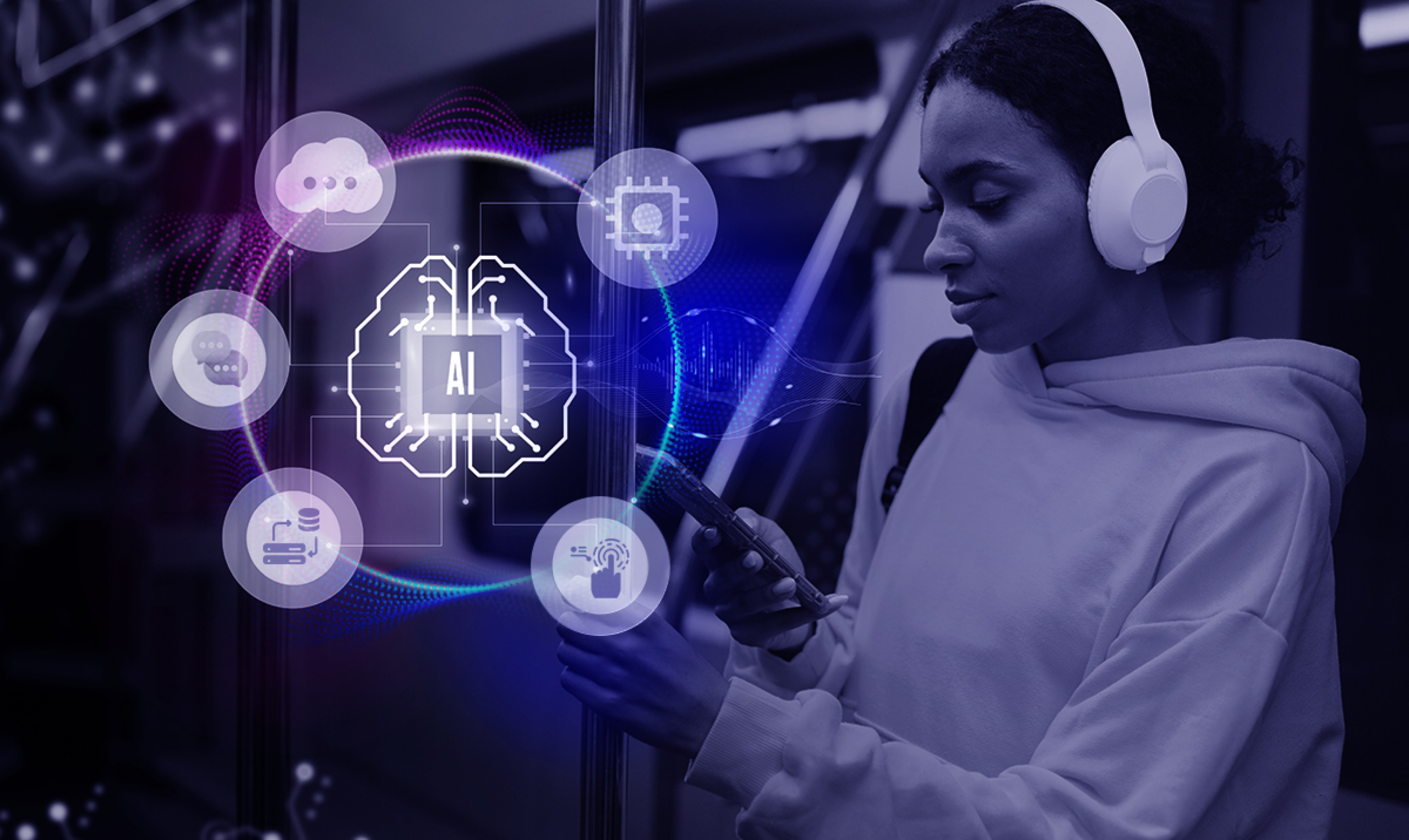Paktolus on Artificial Intelligence
Driven by an extraordinary surge of media hype that began last year, the term “Artificial Intelligence” has become part of today’s mainstream lexicon. What’s more, its rate of adoption as an emerging technology is off the charts.
Businesses across the board, from tech companies promoting their own to enterprises leveraging their own, AI’s left the station. Examples abound, including an 80% increase in private equity firms using AI for investment analysis and decision-making, a 45% AI adoption in medical imaging diagnostic, a 70% rise in AI-driven product recommendations on Ecommerce platforms, and the list goes on…
As trends go, this one feels a little different.
Is it the very nature of AI itself? Is it because AI has already far surpassed human capabilities in specific types of processing and analysis e.g., large-scale data, pattern recognition, and complex computations? Is it because of all of humanity’s creativity and genius we’ve finally created something potentially so powerful that it may ultimately overtake us?
Before we get too ahead of ourselves, let’s take a more pragmatic look at this remarkable technology, starting from the beginning….
Artificial Intelligence (AI), the concept of creating machines that can perform tasks requiring human intelligence, dates back to the 1950s. Despite its early inception, AI remained largely confined to academic circles and niche industries until recent years.
The breakthroughs in natural language processing, particularly exemplified by ChatGPT launched just over a year ago, have brought AI to the forefront of public attention, revolutionizing various sectors and sparking widespread interest in its capabilities.
In the wake of ChatGPT’s emergence, several other AI systems have risen to prominence, each with their own distinct approach and specialization. IBM’s Watson excels in data analysis and cognitive computing, while Google’s DeepMind focuses on reinforcement learning and advancing AI’s understanding of complex environments. OpenAI’s DALL-E pushes the boundaries of AI creativity, generating images from textual descriptions, and Tesla’s Autopilot pioneers self-driving technology, showcasing AI’s potential in transportation safety.
At Paktolus, we’re already leveraging a number of these exciting applications for learning and training and digital marketing. We’re also using different AI solutions for improving data processing efficiencies and automation, integrating existing systems, enhancing data processing workflows, and delivering smarter data visualization and predictive analysis.
What makes AI different and so important is that as a technology, it’s poised to become pervasive across virtually every aspect of our lives, turbocharging everything it touches by significantly enhancing capabilities and efficiency.
According to the World Economic Forum, it’s estimated that AI will achieve “human level” intelligence in the next 25 years. Between now and then, we anticipate remarkable strides in healthcare, education, transportation and in our quality of life in general. At the same time, we will be carefully focusing on the ethical, social, and economic implications of AI to ensure a positive outcome for society as a whole


